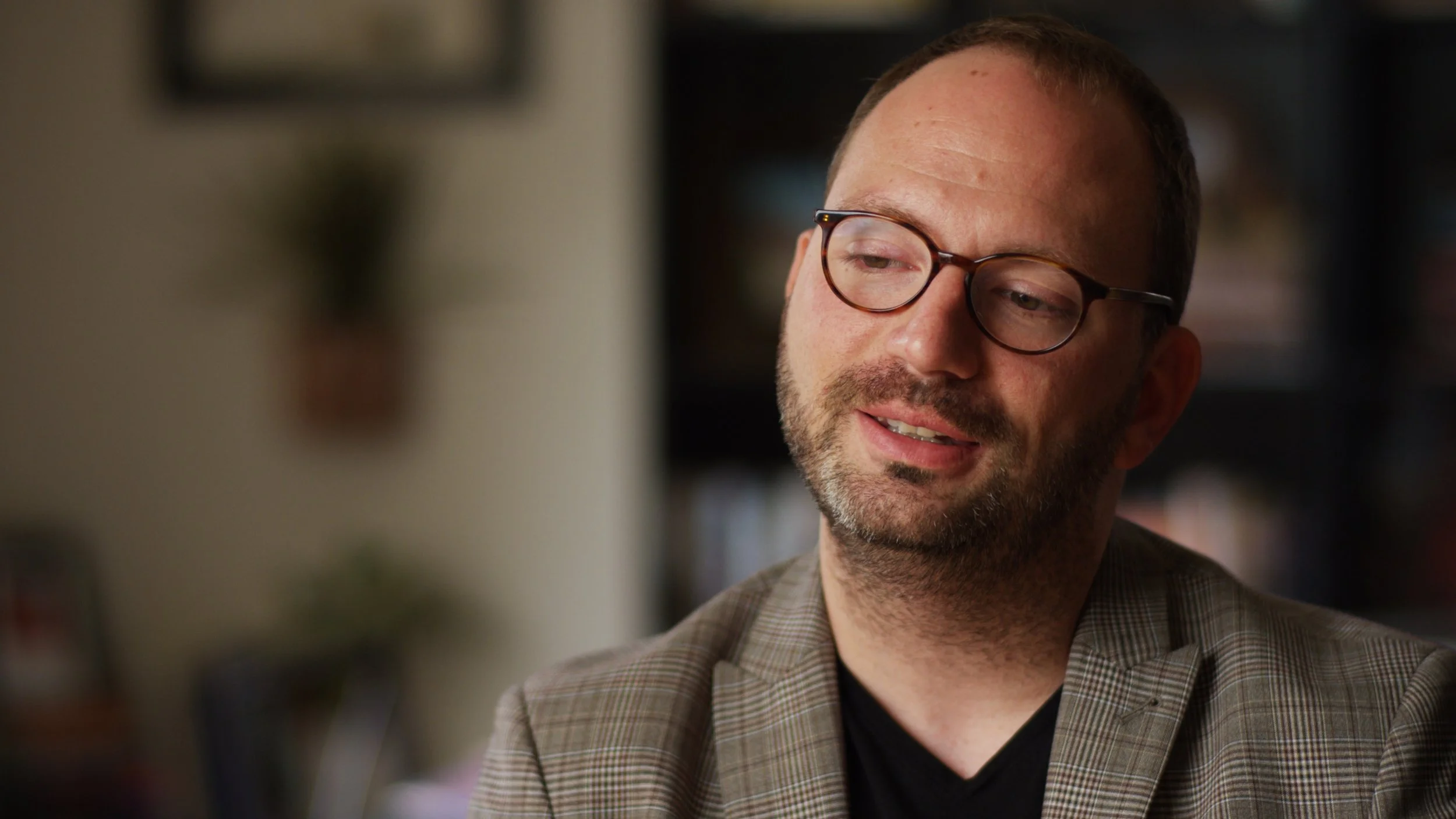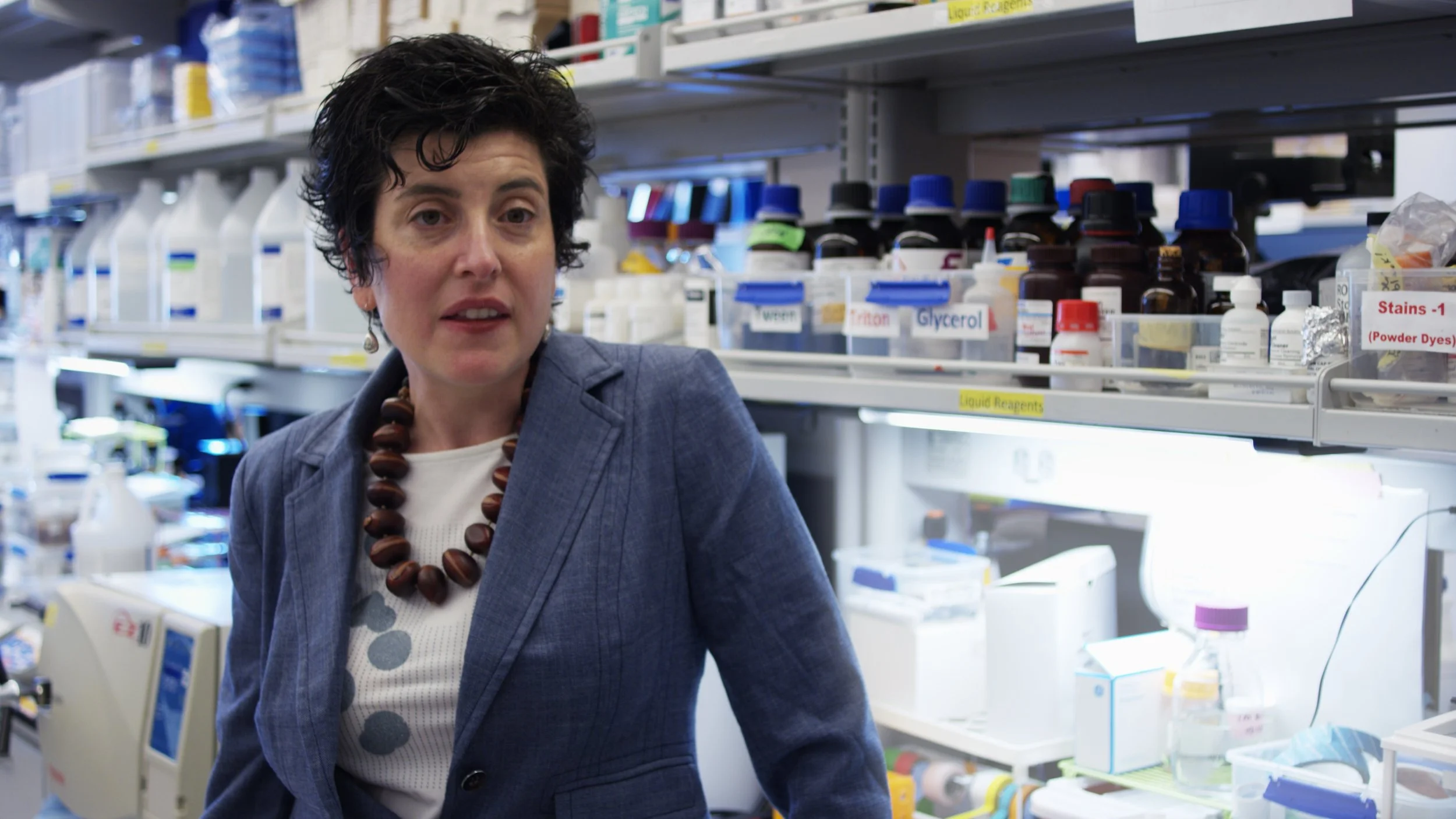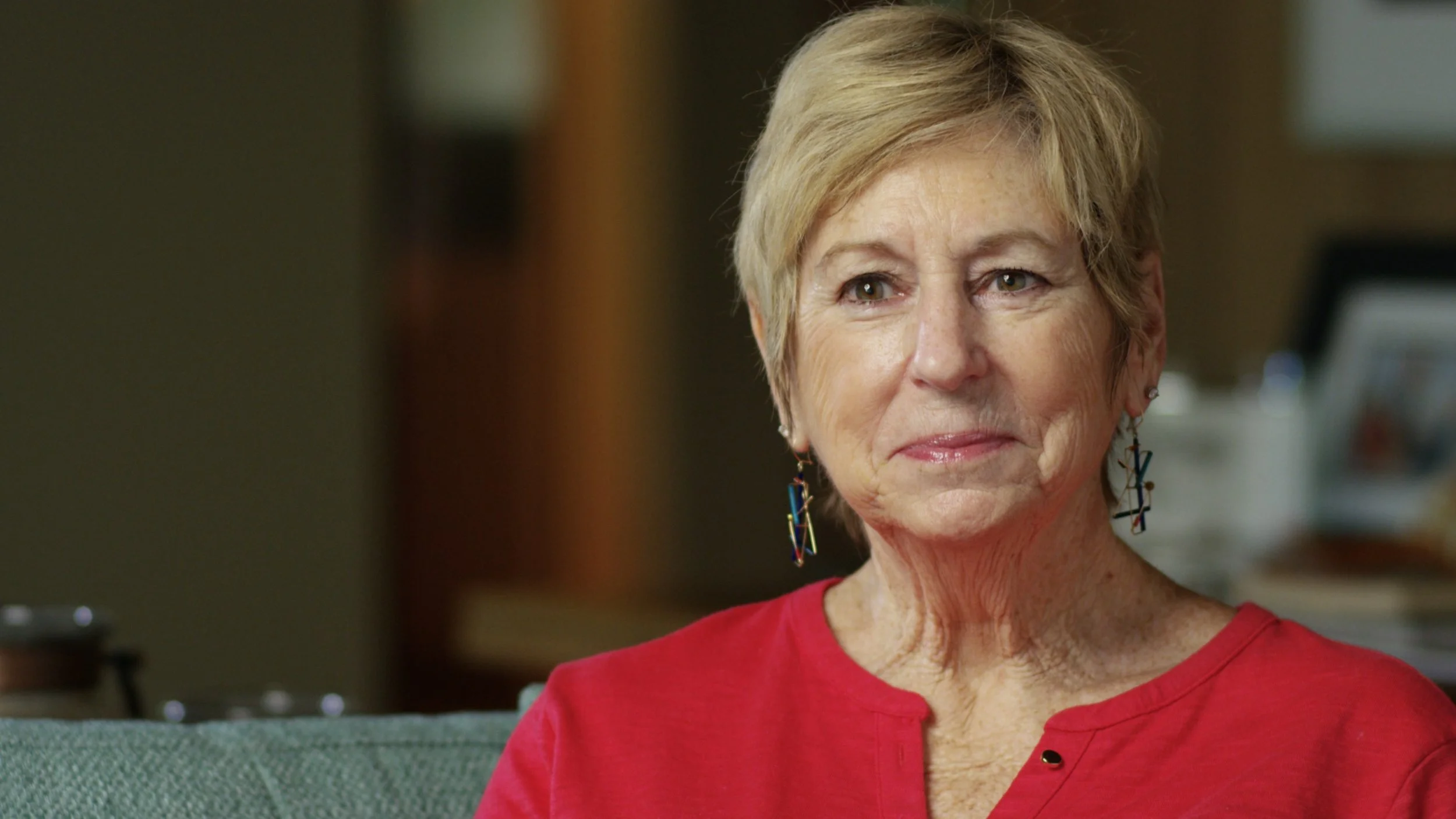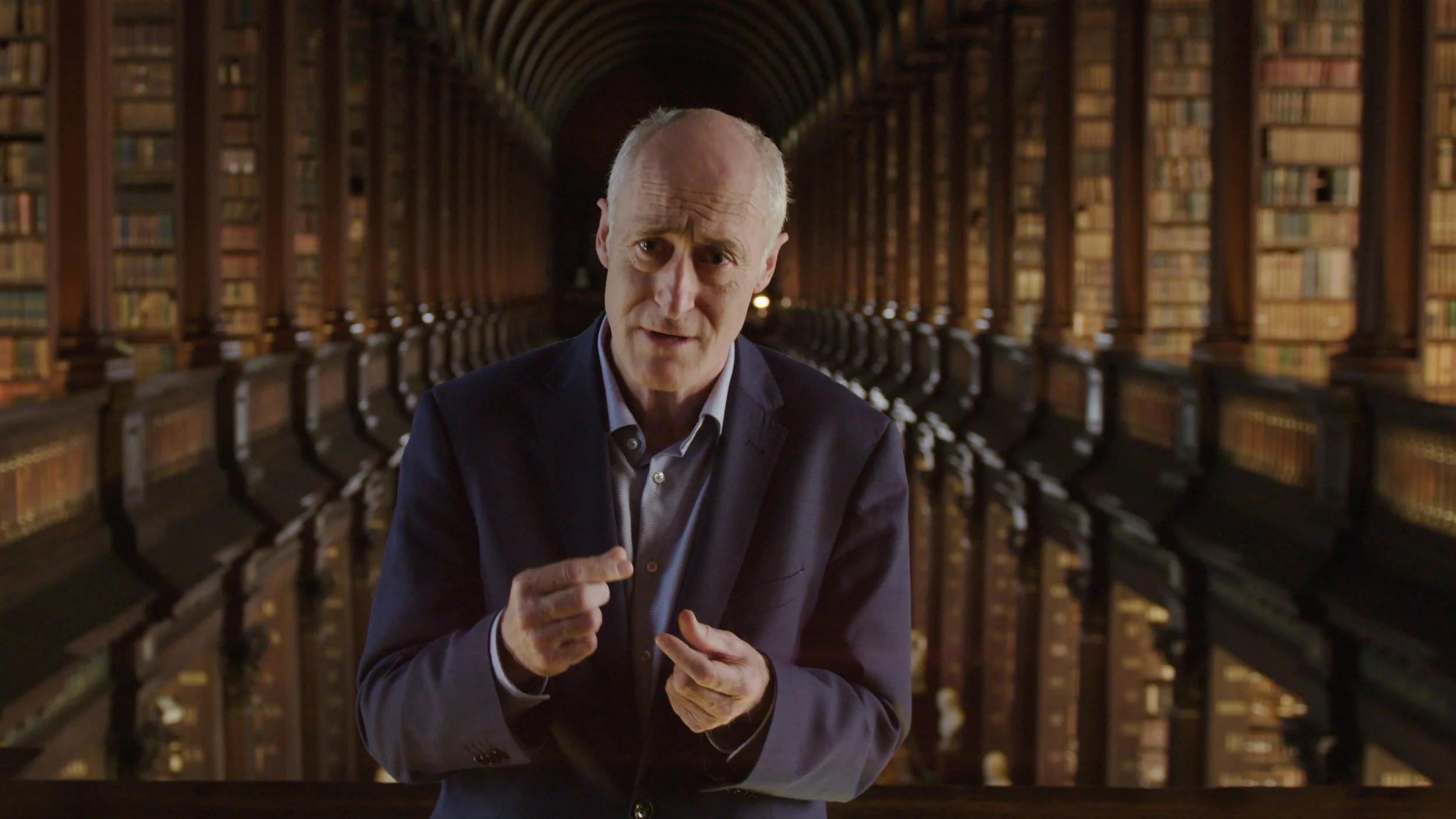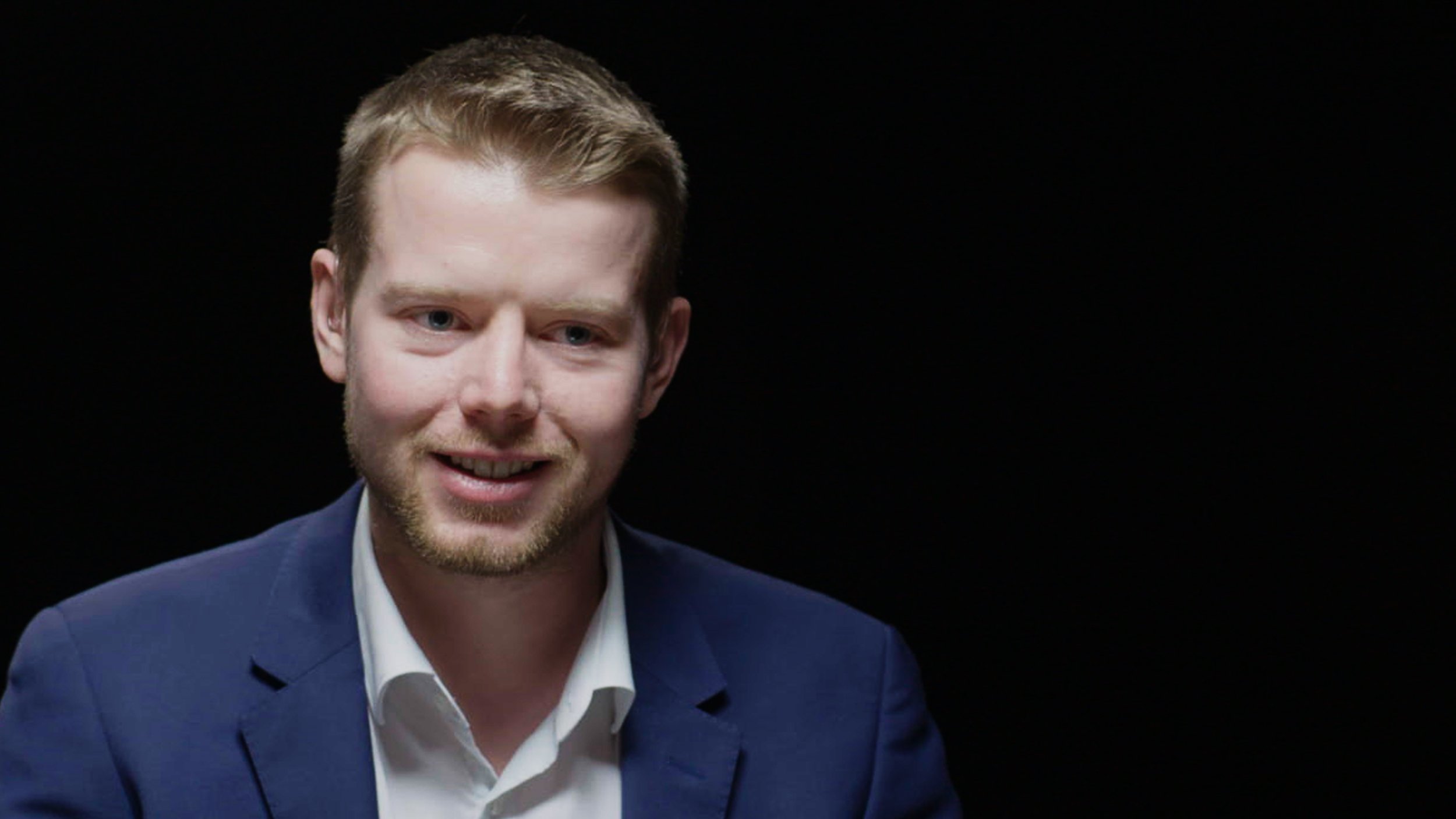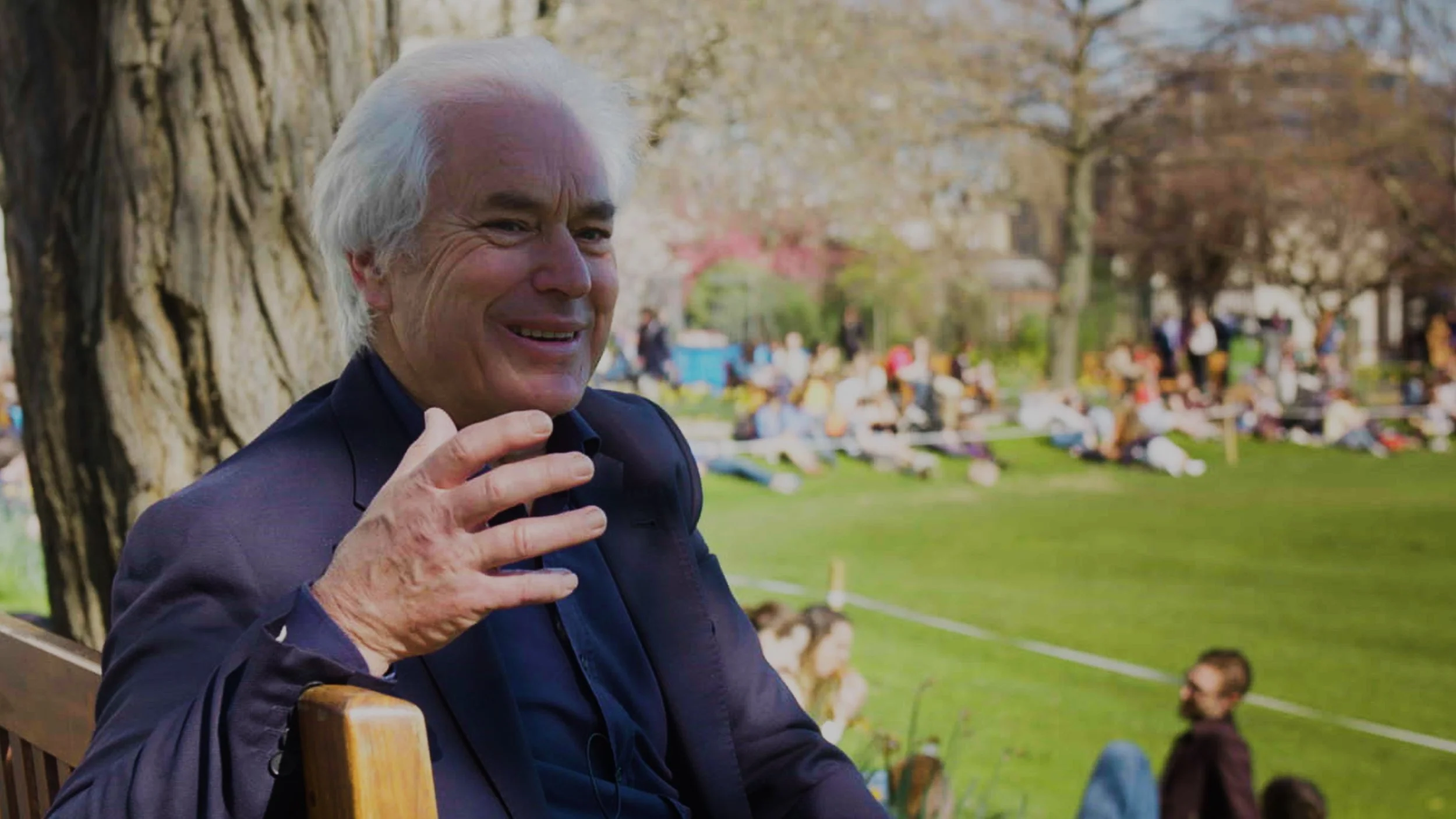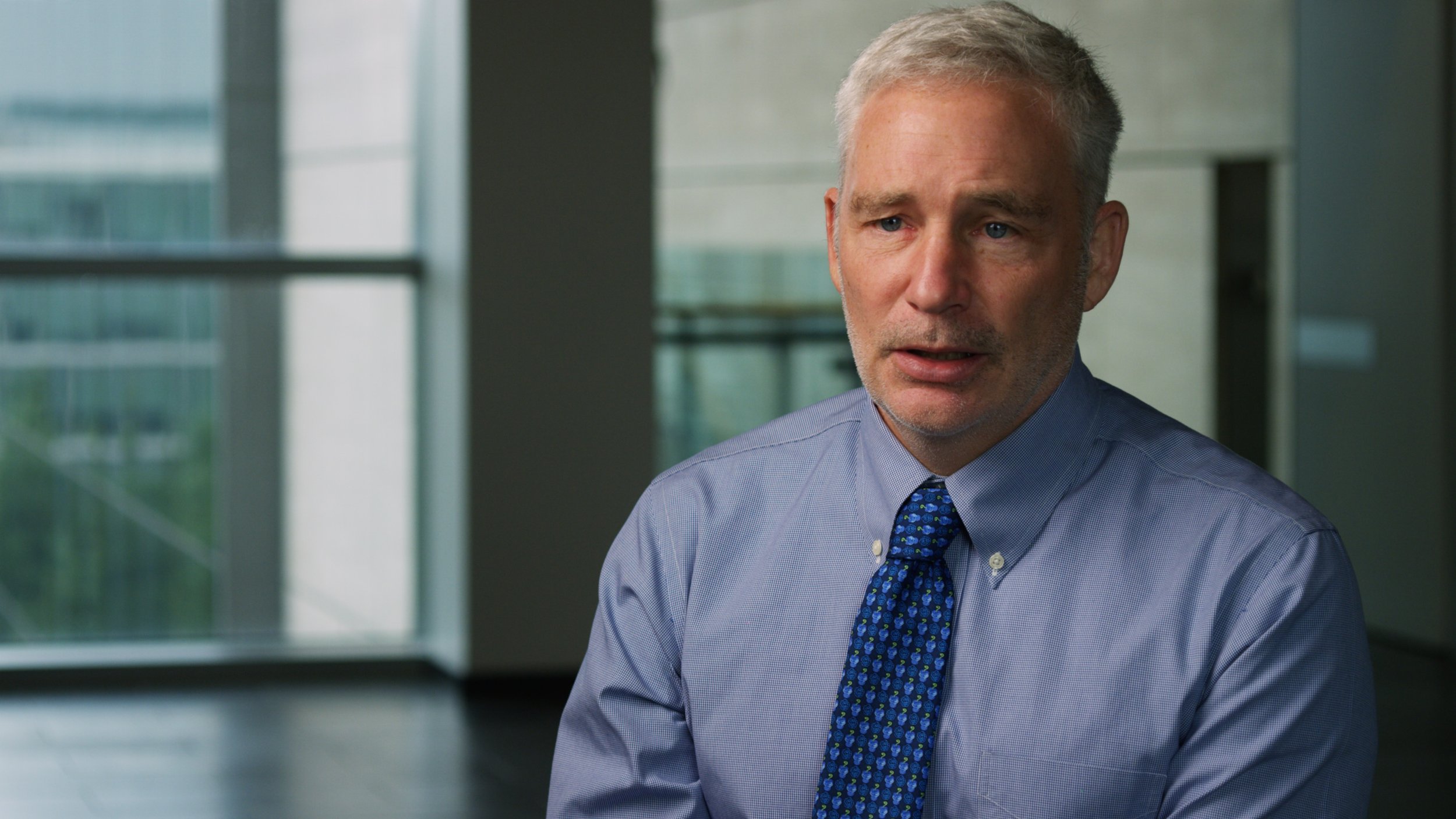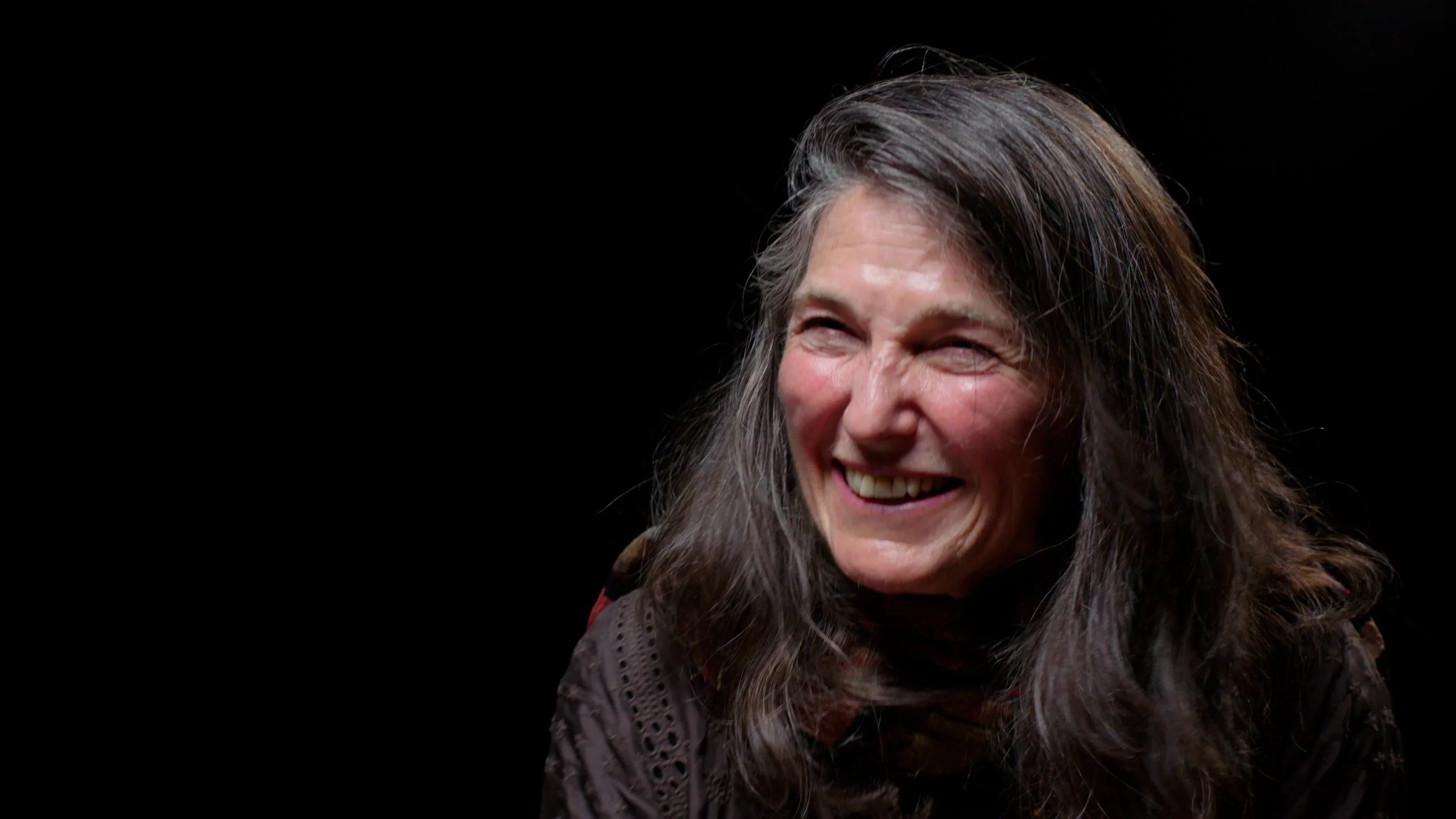Featured
The people in this film are not famous. They are everyday people facing dementia with courage and grace as a patient, a caregiver, or a professional helping patients and families cope—and even thrive. The professionals are doctors and scientists, but also artists and policy experts. One is a ten-year-old boy whose father has Alzheimer’s disease and embarks on an exhaustive letter-writing campaign culminating in his testimony before the US Congress.
The film captures intimate portraits as well as insights from world leaders in the field of brain health who shed light on the urgency of this global challenge and what each of us can do to promote our own brain health and connect to those around us who have dementia.
WALTER DAWSON, DPHIL
“We don’t really have a system that provides long-term services and supports in this country. I felt at that age that that was not right. That we could and should do better. And I still believe that today.”
When he was ten, Walt Dawson’s father was diagnosed with Alzheimer’s disease. He not only lost a beloved parent, but in caring for his father, the Dawson family also lost their life savings. So Walt launched an extensive letter-writing campaign to more than 500 people to advocate for families like his. It ultimately led to him testifying before the US Congress. As a policy expert today, Dawson draws on his life experience to drive better long-term care supports for families.
KARIN DIAMOND
“The creative work sometimes allows people to connect to themselves.”
Karin Diamond’s theater group, Memoria, is comprised of people who have dementia, or care for someone who does. With great heart and humor, they perform for general audiences, and those in a position to make a difference. People with dementia are often silenced and hidden from society, so Memoria provides a moving expression of their experiences. The group itself provides a place to process the diagnosis, as well as vital social connection and meaning – all things vital for living well with the disease.
Lea Tenenholz Grinberg, MD, PhD
“The question is, what if we can detect these very early changes in the brain and stop the process right there? To test drugs and see if they halt the disease spread.”
As a neuropathologist, Lea Tenenholz Grinberg investigates the neural destruction caused by neurodegenerative diseases. By doing so, she believes we will be able to cut the problem of dementia at its root. Since dementia varies in different populations, she also analyzes how biological (ethnicity, genes, gender) and societal factors (educational attainment, cardiovascular risk factors) impact dementia.
Sana-e-Zehra Haidry, PhD, MPH
“It cannot be a pure biomedical model. We need to involve the arts. We need to involve theater, drama, music. Not many people can read in Pakistan if you go to the far-flung rural areas.”
Sana-e-Zehra Haidry is a researcher from Pakistan focused on building awareness around dementia through a variety of creative approaches, especially in rural Pakistan where people lack access to information, education and advanced technology. She puts to work what she says is Pakistan’s most powerful asset – its people and strong culture of community care and support.
JILL HARMON
“I’m madly in love with him. He’s my one.”
After many years of marriage, that’s how Jill Harmon describes her husband, Don. When the film opens, she has already been caring for him for 14 years. He’s now in the end stages of dementia. Jill shows us how we can connect with our loved ones even after they can no longer communicate with words. She is a true example of love, resilience and the power of the human spirit.
CATHERINE JORDAN, PHD
“I am really fascinated by how music changes the brain. Why is music having such a huge effect on someone with dementia?”
A neuropsychologist and classical pianist, Catherine Jordan is researching the scientific basis to better understand how music is related to memory and brain health.
SEAN KENNELLY, MBPHD, FRCPI
“When people come into the office there’s that sense of fear and futility, and we hope we can give them a sense of empowerment. That is living with dementia and not being imprisoned by it.”
Instead of sending patients home with just a diagnosis and a brochure, Sean Kennelly prescribes concrete ways to help patients live well with the disease. He turns a dementia diagnosis on its head and gives his patients hope.
Emi Kiyota, PhD
“I think we tend to look at older people with what they cannot do. What we want to change is this negative narrative. Change our mindset.”
Emi Kiyota is an architect and environmental gerontologist who creates socially integrated communities that value elders through her non-profit, Ibasho, where older people give back to the community and design and run everything. She is challenging the social perception of elders by empowering and including them as change agents.
ALEX KORNHUBER
“Hopefully we’re all going to be old. We’re all going to get old, and it’s something we don’t want to think about. And I think it’s good we not only think about it, but we have a lot of examples to look forward to.”
A professional photographer from Peru, Alex Kornhuber is determined to show positive examples of aging well. One of his projects, highlighted in the film, focuses on elder surfers who on a daily basis experience many of the lifestyle strategies that promote brain health. To build awareness and reduce the scale and impact of dementia, Alex believes we need to have more collaborative partnerships between the arts and science.
BRIAN LAWLOR, MD, FRCPI, FRCPSYCH
“The idea is that if you can develop these interventions on a pilot basis, and if they’re effective, then they could be scaled up.”
Brian Lawlor is a professor of old age psychiatry working directly with patients who are experiencing cognitive decline. Lawlor is the Site Director of the Global Brain Health Institute at Trinity College Dublin which houses the Atlantic Fellows for Equity in Brain Health program – a global network of professionals from diverse disciplines: science, medicine, policy and the arts aimed at tackling dementia worldwide.
Jorge Llibre Guerra, MD, MS
“What we are seeing in Latin America is that the prevalence of dementia it’s increasing in our countries. Our healthcare systems are not ready to deal with these populations.”
Jorge Llibre Guerra’s research is focused on health disparities and dementia. He is developing a program in Cuba to train healthcare providers and educate the community about aging, mental health and dementia. Jorge’s aim is to determine genetic versus social determinants that drive Alzheimer’s diseases in Latino populations.
DAVID LOUGHREY, PHD
“I thought, that makes sense, it’s what I’ve been experiencing my whole life.”
Born with profound hearing loss, David Loughrey is researching how the brain’s response to hearing loss can cause cognitive decline. And how a simple solution could have a huge impact towards reducing cases of dementia worldwide.
Lingani Mbakile Mahlanza, DPsyc
“We know that dementia is not part of old age, dementia is a disease.”
In addition to her teaching role at the University of Botswana and working clinically, Lingani Mbakile Mahlanza conducts research in dementia, traumatic brain injury and neuropsychological assessment in under-resourced settings. Her mission is to reduce the scale and impact of dementia through interprofessional collaborations. She believes it is imperative to develop services that are accessible and meet the needs of people with dementia in all corners of the world.
Shamiel McFarlane, MBBS, MSc
“For those persons who are isolated, who do not have the benefit of family social support, they’ll be able to get the help that they need.”
Shamiel is a general practitioner starting the first home-based primary care program specifically tailored for cognitively impaired isolated older adults in Jamaica. A program she hopes can be scaled up and used in other parts of the world.
BRUCE MILLER, MD
“We began to realize that about 30 to 40 percent of dementia in elders could have been prevented.”
Bruce Miller is a neurologist and director of the University of California, San Francisco Memory and Aging Center and Founding Director of GBHI at UCSF. He studies the relationship between the aging brain and behavior and has a longstanding research interest in emergent creativity and other strengths that can be seen in patients with dementia.
IAN ROBERTSON, PHD, FTCD
“We know that we have about 40 percent of the rate of heart attacks than we did 50 years ago. Not largely because of advances in high-tech medicine. But because they worked out what the risk factors were, and they got people to change their behavior.”
Ian Robertson is Professor Emeritus of Psychology at Trinity College Dublin and was the founding Director of Trinity College Institute of Neuroscience. As Founding Director of GBHI at Trinity, he mentors the research and leadership programs of the Atlantic Fellows for Equity in Brain Health.
HELEN ROCHFORD-BRENNAN
“I isolated myself. I didn’t tell anyone, I didn’t talk about it because I was afraid everyone would think I was mentally ill, I was nuts.”
Helen Rochford-Brennan describes how she felt in the months following her diagnosis of early-onset dementia. Today she is one of the world’s leading advocates fighting against stigma and for the rights of people living with dementia. She shares her struggles, as well as her strategies for thriving with the disease.
VICTOR VALCOUR, MD, PHD
“Dementia has a very tight link to equity. And it’s a bit of a humanitarian crisis.”
Victor Valcour speaks about the rapid growth of dementia cases as global populations age, and how those with low education, poor health and poverty are most vulnerable to the disease. Valcour is Site Director of the Atlantic Fellows for Equity in Brain Health program at UCSF.
DANA WALRATH, PHD, MFA
“We can find both the beauty and the heartbreak. I don’t think we have to deny it. But what we want to do is transform it into something else.”
Dana Walrath’s background as an artist and medical anthropologist gave her a unique perspective as she cared for her mother, who lived with Dana while she had Alzheimer’s disease. Walrath exemplifies how we can beautifully connect with our loved ones, even when they don’t know who we are. Instead of desperately trying to pull our loved back into our world, her experience show that it’s okay, and even helpful, to go with them into theirs.

